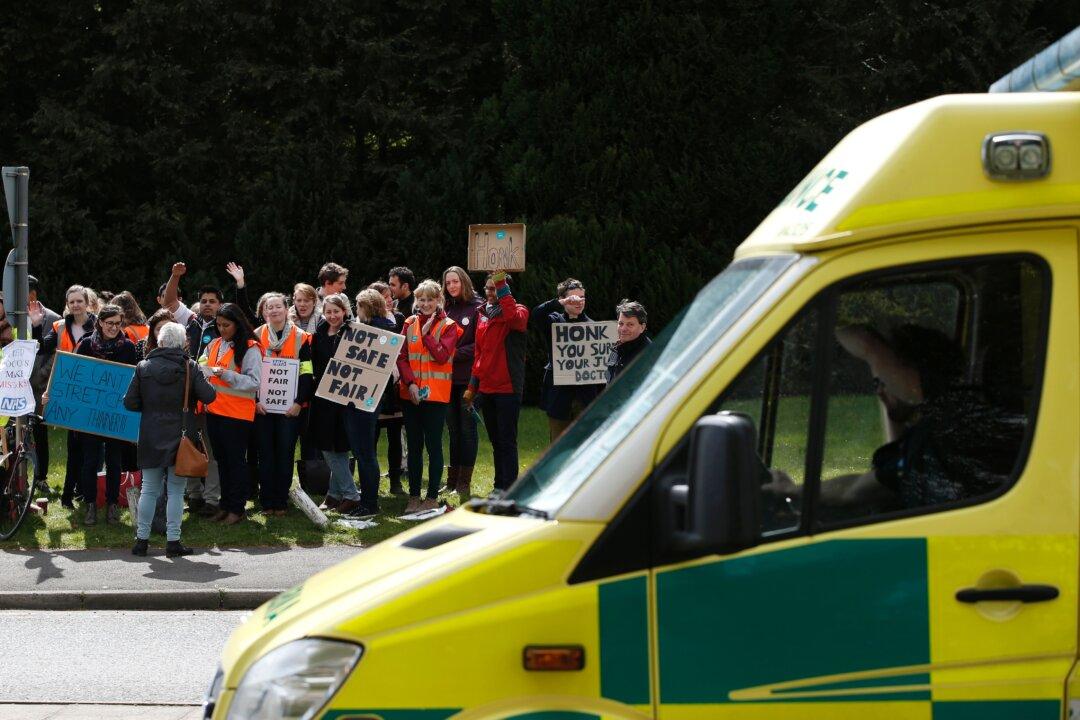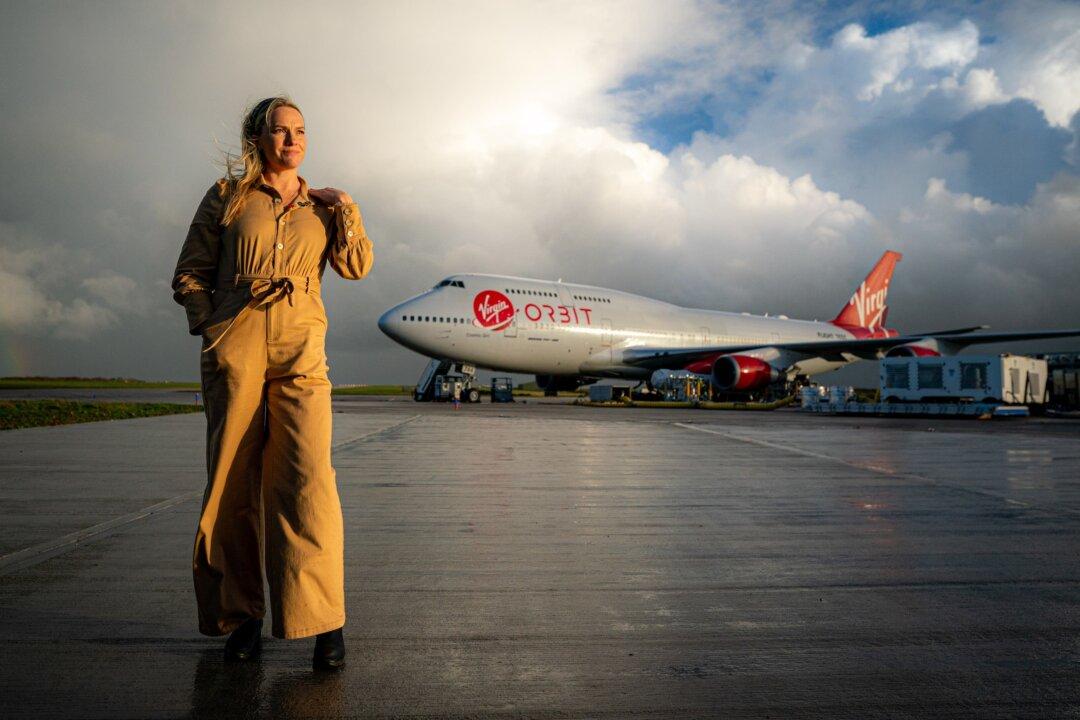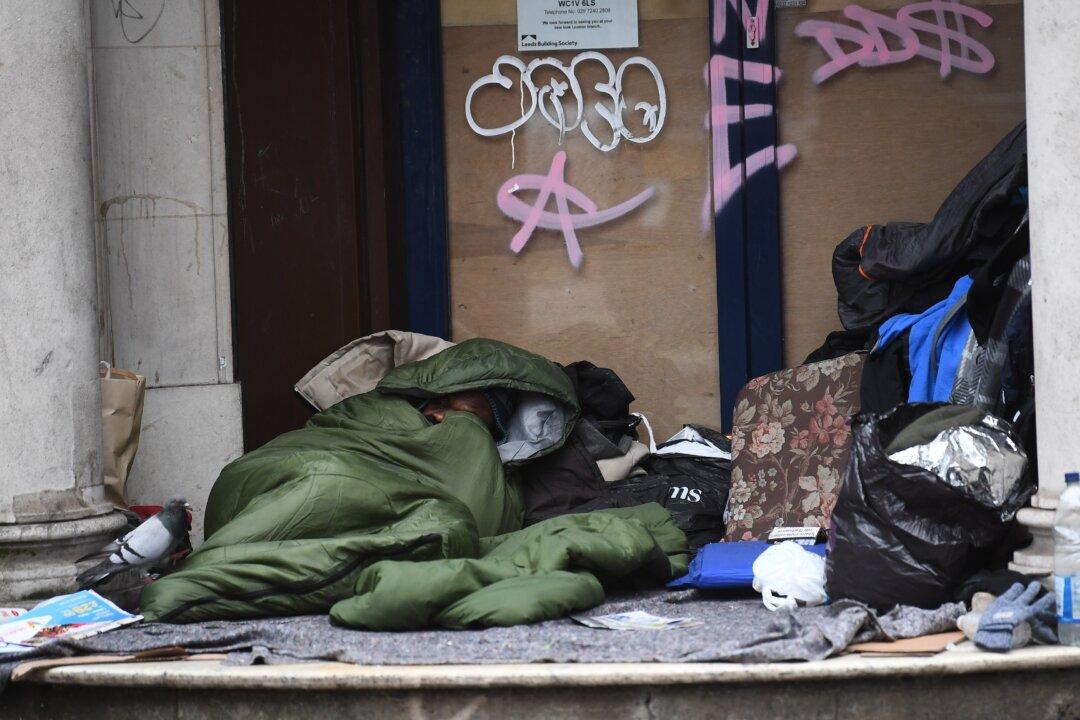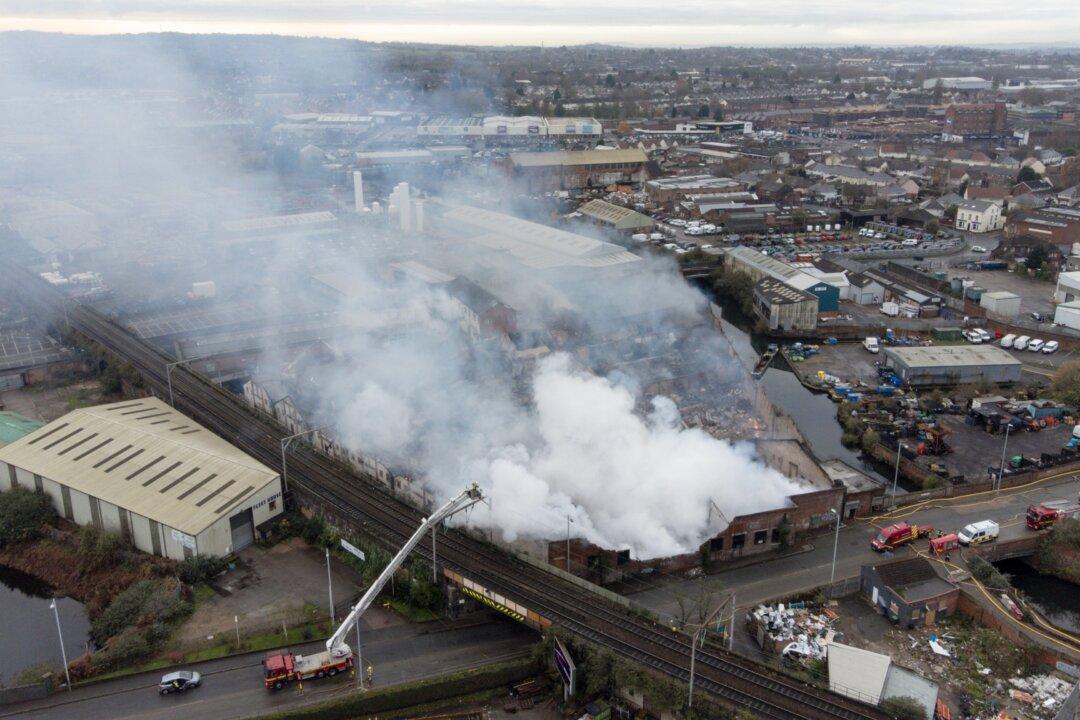Nurses working for the British National Health Service (NHS) could have their striking rights restricted as the government attempts to clamp down on the current wave of industrial action disrupting the UK.
On Wednesday during Prime Minister’s Questions, Prime Minister Rishi Sunak promised “tough” measures to limit strike action, saying the government would not be “intimidated by anti-strike union attacks.”




